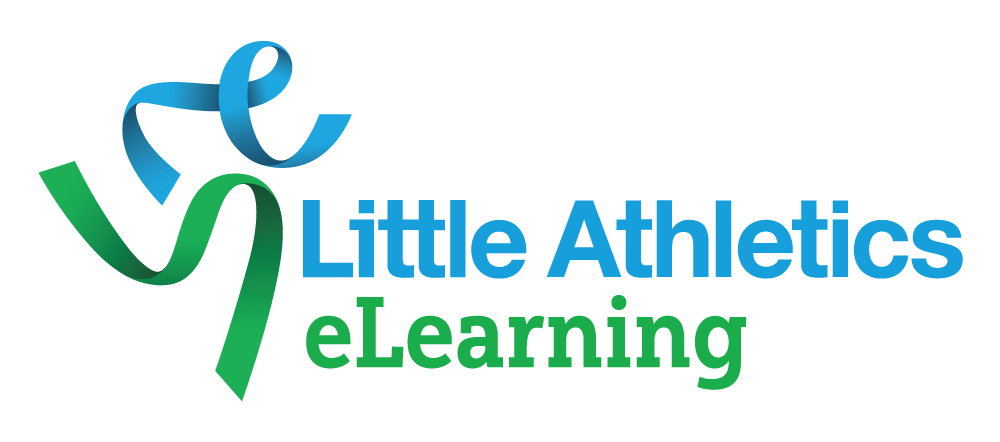Health Conditions
It is useful to share with the Centre if your child has any long term health conditions which might benefit from a Whole-of-Centre approach.
Asthma
- Asthma is a long term condition that is caused by narrowing of the airways and means that athletes may experience trouble breathing and coughing.
- Most asthma is well controlled with medication and athletes can have an asthma action plan.
- Call 000 immediately if you notice symptoms of a severe asthma attack.
- It is important to be aware of infection control and encourage all members to wash hands and not attend when sick.
Cancer
- Symptoms of cancer or effects of treatment very widely depending on the type of cancer.
- Athletes may miss sessions because of treatment.
- The functional impacts might affect the athlete’s movement, learning, communication and emotions.
- It is important to be aware of infection control and encourage all members to wash hands and not attend when sick.
Diabetes
- Diabetes is a long term condition in which a high level of glucose (sugar) is present in the bloodstream because the pancreas does not make enough insulin or the body is resistant to insulin.
- Most diabetes is well controlled and athletes can have an diabetes action plan which must be followed.
- Being active helps the body to use insulin more efficiently and helps manage diabetes by balancing insulin, food and activity.
- Exercise may cause blood sugar levels to drop so watch for symptoms such as – shakiness, clammy skin, pale skin, sleepy, dizzy, weak, unsteady walking or confusion.
Epilepsy
- Epilepsy is when people have or are at risk of having repeated seizures without a reason due to electrical activity in the brain being disturbed.
- Most epilepsy is well controlled with medication and athletes can have an epilepsy action plan which must be followed.
- Exercise and heat may increase the chance of a seizure so watch for symptoms such as – muscle twitching, numbness, weakness, difficulty talking or thinking, atypical behaviour.
- Should an unexpected seizure occur, always call an ambulance.
Juvenile Idiopathic Arthritis
- Juvenile idiopathic arthritis occurs when the body’s immune system attacks its own cells and tissues. It can cause ongoing joint pain, swelling and stiffness.
- Regular exercise helps to keep the athlete’s muscles strong and flexible.
Cystic Fibrosis
- Cystic Fibrosis is an inherited condition that affects mainly the lungs and digestive system.
- Athletes with Cystic Fibrosis may be short of breath when running and may cough more often.
- Athletes with Cystic Fibrosis benefit greatly from running and jumping to enhance their lung therapy and for the strength and stretching when throwing.
- It is important to be aware of infection control and encourage all members to wash hands and not attend when sick.





